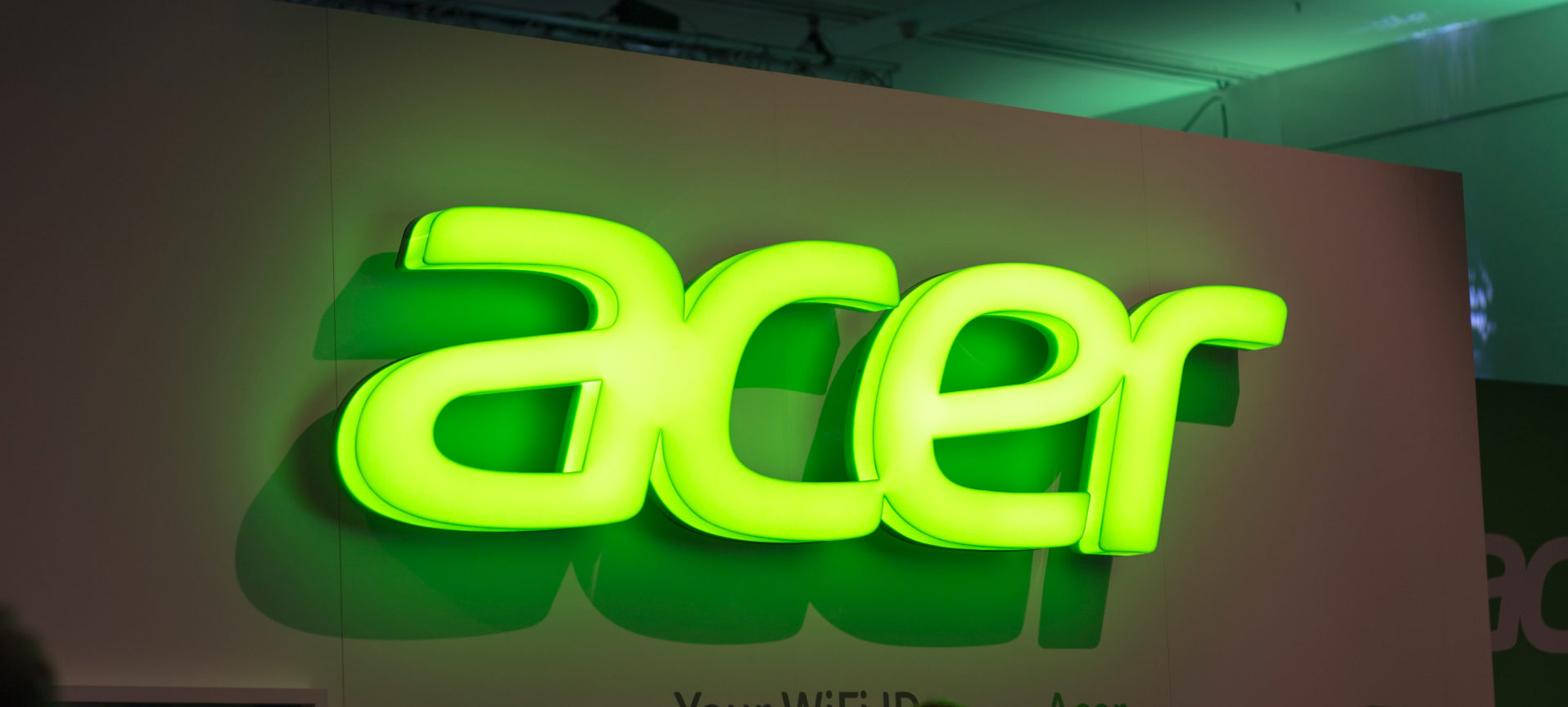Music streaming service Spotify has announced that it has acquired the team and technology behind Niland, a French start-up with a service that provides music recommendations. This move signals that Spotify wants to incorporate more artificial intelligence (AI) into its system to stay ahead of its competition such as Apple Music, Google Play Music, and others.
This acquisition of Niland marks the fourth acquisition by the company so far in this year. Paris-based Niland offers an API-based product focused on providing more accurate search and recommendation options for music.
As per the acquisition terms, the France-based company will join Spotify’s R&D (Research & Development) team, which is based in New York. It will be helpful to hone its personalization and recommendation features for users.
In a statement, the company said:
Niland has changed the game for how AI technology can optimize music search and recommendation capabilities and shares Spotify’s passion for surfacing the right content to the right user at the right time.
On its website, Niland’s founding team wrote:
We will keep working on new ways to better understand music to craft better innovative listening and discovery experiences.
Niland was founded in 2013 and raised undisclosed funding from French investor IT Translation. It also graduated from the Paris-based accelerator program Agoranov.
Spotify reached 50 million paying users in March, and it has more than 100 million listeners overall, considering those who use the free version. Its close rival Apple Music reached 20 million users in December, so it’s fair to presume that it is closing in.
To stay ahead of the competition, Spotify has been busy boosting its tech chops and building out new features through acquisitions this year. Since January, it has picked up blockchain startup Mediachain, content recommendation startup MightyTV and audio detection startup Sonalytics.
The company may delay a much-anticipated IPO until 2018. The delay would give Spotify more time to build a better balance sheet and work on shifting its business model to improve its margins. This also includes change to Spotify’s licensing with labels, using the company’s growth and position as part of its leverage, to move from a varied pricing model to a fixed one.
The Tech Portal is published by Blue Box Media Private Limited. Our investors have no influence over our reporting. Read our full Ownership and Funding Disclosure →





